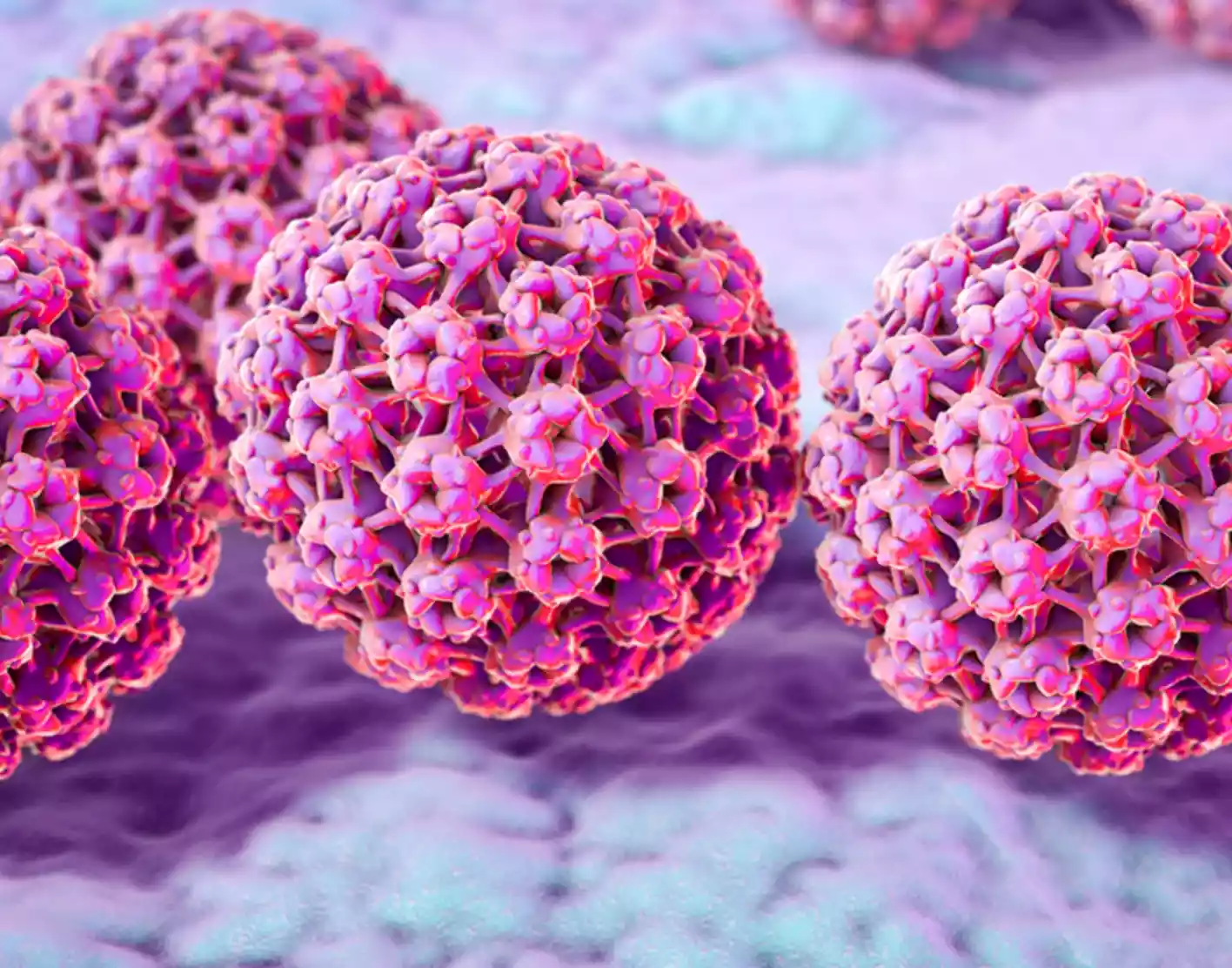
AS we joined the global community in commemorating Human Papilloma Virus Day on March 4, it is befitting that the cancer dialogue be spotlighted again to increase awareness of cancer and its related issues.
Human Papilloma Virus (HPV) Awareness Day is a key initiative of the International Papilloma Virus Society which aims to increase awareness of the virus as part of a mission to improve understanding of HPV and the importance of prevention, screening, diagnosis and treatment of papilloma-related diseases.
This day rallies the global audience around the fact that HPV is a health issue that affects us all, either directly or indirectly and the purpose of the campaign is to stimulate people from all walks of life to ask, learn and take action to stop HPV which is a serious health issue associated with one in 20 of all cancers in the world.
Each year nearly half a million people die from HPV-related cancer, many of those deaths could be prevented through access to vaccines and cervical cancer screening programmes.
What is HPV?
HPV is a group of more than 200 related viruses that can affect the skin and the moist lining inside parts of the body, such as the mouth, throat, genital area and anal opening.
It is a common sexually transmitted infection. Most people will have HPV at some point in their life, and usually, the virus does not cause any damage and there are no symptoms.
However, some types of HPV can cause warts and increase the risk of developing different types of cancer, particularly in the genital area and the throat.
- Many cancers can be successfully treated if detected at early stages
- Remembering International Human Papilloma Virus Awareness Day
Keep Reading
Types of HPV viruses
There are more than 100 varieties of HPVs. About 14 HPV types are considered “high-risk” types because persistent infection has been linked to cancer of the oropharynx, larynx, vulva, cervix, anal opening and private parts.
These cancers all involve sexually transmitted infection of HPV to the stratified epithelial tissue.
HPV type 16 is the strain most likely to cause cancer and is present in about 47% of all cervical cancers and in many female private part cancers, penile cancers, anal cancers and cancers of the head and neck.
Symptoms of HPV
In most cases, the body’s immune system defeats an HPV infection before it creates warts. When warts do appear, they vary in appearance depending on which kind of HPV is involved.
Most HPV infections don’t lead to cancer, but some types of genital HPV can cause cancer of the lower part of the uterus that connects to a woman’s privates (cervix).
Other types of cancers, including cancers of the anal opening, male and female privates and back of the throat (oropharyngeal), have been linked to HPV infection.
How HPV spreads
HPV can be spread from person to person during skin-to-skin contact, and it is most commonly spread through sexual activity, including oral sex.
The virus can also be spread by genital contact without sex, although this is not common.
A person with HPV can pass the infection to someone even when they have no signs or symptoms.
How HPV is directly linked to cervical cancer
HPV is directly linked to cervical cancer, as persistent HPV infection with high-risk HPV types, especially HPV-16 and HPV-18, can cause cancer over time.
The HPV vaccine Gardasil 9 protects against infection from nine HPV types, including the seven types that cause most HPV-related cancers (types 16, 18, 31, 33, 45, 52 and 58) and the two low-risk types that cause most genital warts (types 6 and 11).
Is HPV vaccination the way to go?
The country has an HPV vaccine programme for primary and secondary school girls. Vaccination is an effective way to prevent new HPV infections and HPV-associated cancers and other diseases, particularly when given to girls and boys at ages 9 to 12.
It has proven to be effective in reducing the prevalence of cervical cancer globally.
As Talk Cancer Zim we urge parents to consent to their children getting the HPV vaccine, these are very safe to your child and go a long way in preventing cervical cancer, remember, prevention is always better than cure, in cases where prevention is not possible, early detection and treatment saves lives. Let us strive to build a future free of cervical cancer in Zimbabwe.
- Michelle Madzudzo and Bridget Mutimutema are members of Talk Cancer Zim. They write here in their personal capacities.








